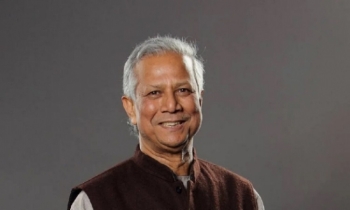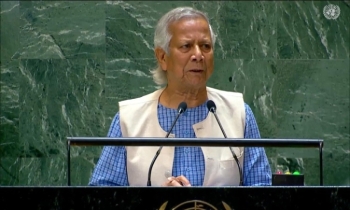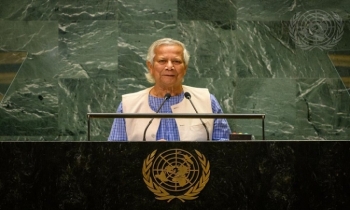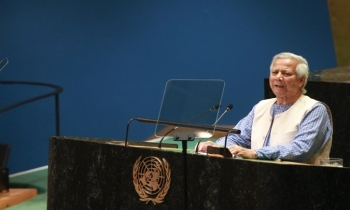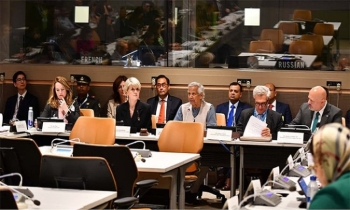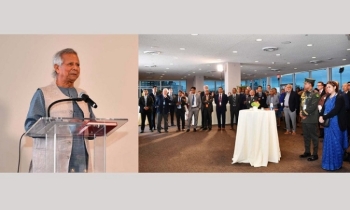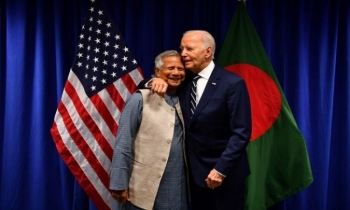Out-of-pocket spending makes 5mn Bangladeshis poor a year
BI Report || BusinessInsider

File photo
Dhaka (Dec 12, 2020): Out-of-pocket healthcare expenditures in Bangladesh throw around 50 lakh people into poverty every year.
This was stated by Abdul Mannan, secretary of the health services division of the government, at a programme at Pan Pacific Sonargaon Hotel in Dhaka on Saturday.
He said around 60 percent of these 50 lakh people become poor after spending hefty amounts in India, Singapore and Bangkok for treatment.
“There are 610 public hospitals and over 90,000 physicians in the country and if necessary we will increase the number. We will have to work so that people do not become poor for getting healthcare services,” said Mannan.
“If better treatment is not ensured, people will go abroad and will become poor. It can’t be allowed to happen,” the health secretary said.
work of 49 development projects in the health sector is underway and these will help people not to go abroad for treatment purpose, he said.
Bangladeshis are on the top list of countries that spend more from their out of pockets on healthcare than most of the countries.
According to a World Bank estimate, Bangladeshis spend nearly 74 percent from their own pockets for getting healthcare services in 2017, up from less than 66 percent 10 years ago.
High out-of-pocket expenditure in purchasing pharmaceuticals is the most distinctive feature in Bangladesh as nearly 62 percent of the expenditure is on buying drugs and medical consultations.
The WB also found a high proportion of expenditure on drugs reflects a high level of self-treatment and self-medication.
In Bangladesh, the population living below the national poverty line dropped to 21.8 percent in 2018 from 24.3 percent in 2016, according to the Asian Development Bank.
But some estimates show the poverty rate could go up to 40 percent due to the adverse impacts of the ongoing coronavirus pandemic.
Dr Md Shahadat Hossain, director general of Health Economics Unit chaired the programme.
Abul Bashar Mohammad Khurshid Alam, director general of the Directorate General of Health Services (DGHS) and Dr Bhupinder Aulakh, deputy country representative of WHO, among others, spoke on the occasion.


